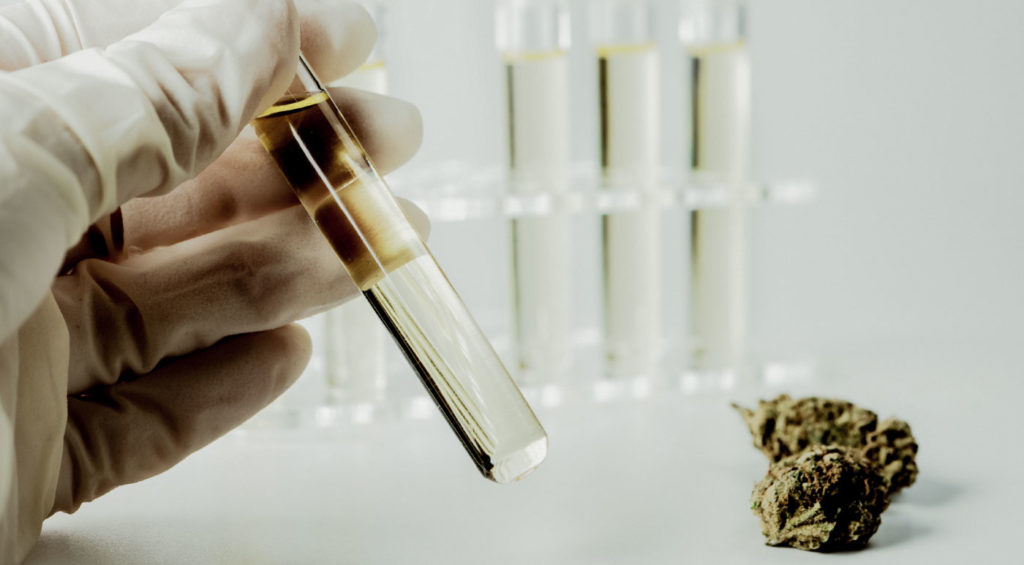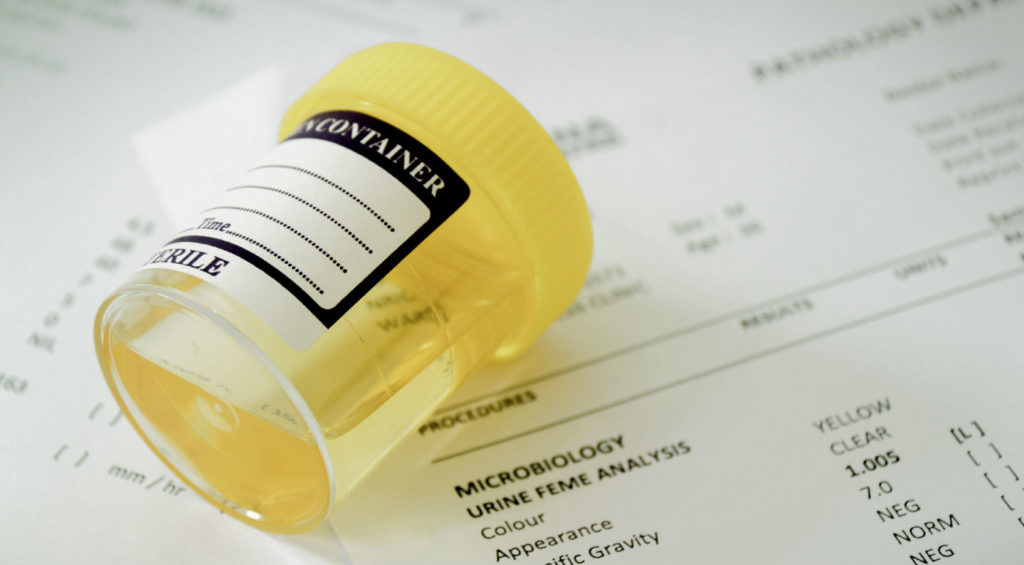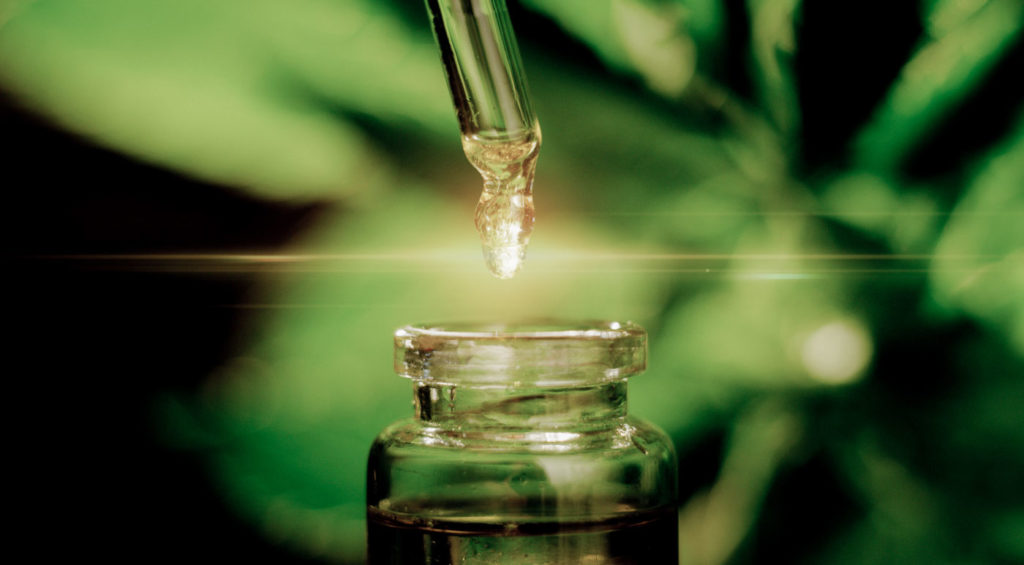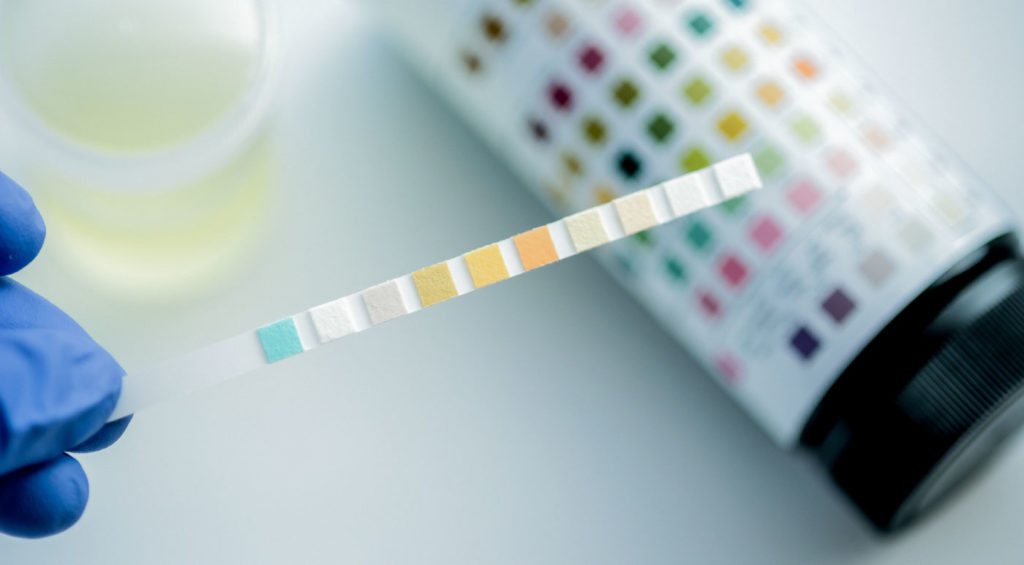
It’s no surprise that many people in the United States are using CBD products to help manage their health symptoms. People are turning to CBD oil for symptoms such as chronic pain, anxiety, sleep, and more. But does CBD show up on a drug test? Is there a downside to using CBD for the right reasons?
Although CBD products are legal to buy, sell, and consume in the United States, a common concern people have is if CBD shows up on a drug test.
People who have jobs that require them to take drug tests, and those who need to have regular drug screenings for other reasons, often wonder if taking CBD can cause them to have a positive result and induce legal ramifications.
In this blog, we will discuss whether CBD products have any impact on drug testing. First, it is essential to understand what drug tests look for.
What Do Drug Tests Look For?
In most cases, drug tests are conducted by testing urine. These tests look for a variety of breakdown products of illicit drugs such as opiates, amphetamines, cocaine, and marijuana. When metabolites of these drugs appear in the urine, it indicates a person has been using drugs and will result in a positive test result.
With marijuana, drug tests screen for its tetrahydrocannabinol or THC metabolites called THC-COOH. THC is the psychoactive component of marijuana. In other words, it is the compound in marijuana that causes a user to get “high.”
For a drug test to show up positive for THC, there must be 50 ng of THC per milliliter of urine. If a sample is positive at this value, it will be measured again with a lower cut off of 15ng per milliliter of urine which is more sensitive and specific to the THC metabolite.
A urine drug test can detect drug use within the past week.

There are also hair tests which assess a person’s hair follicle to identify drug use within the past 90 days. These tests do not indicate when the drug use occurred as many factors differ from person to person, such as hair growth rate.
Do CBD Products Contain THC?
CBD products are derived from the industrial hemp plant. Industrial hemp is a type of Cannabis plant; however, unlike marijuana, it only contains small amounts of THC, even before purification during manufacturing.
Currently, CBD products are not regulated by the Food and Drug Administration (FDA) in the United States. The lack of regulation by the FDA means that CBD products are not required to undergo laboratory testing for purity, containments, and overall quality. However, many CBD companies use third-party testing — which is when an independent lab evaluates their products and measures the level of CBD, THC, and other elements such as pesticides, microbes, and heavy metals.
Companies that use third party testing usually have the reports available for the consumer to view. This means that you, the consumer, can look at the lab report to see if the product you are going to buy and ingest contains any THC, and if so, at what amount.
To be sold in the USA, CBD products must contain less than 0.3% THC. The levels of THC varies from product to product. Some products are labeled “no detectable THC,” which means they contain less than 0.001% THC as confirmed by their third party testing laboratory.
Does CBD Show Up On a Drug Test?
The majority of drug tests do not evaluate the CBD content, otherwise known as cannabidiol, as it does not have any psychoactive effects.
However, whether or not CBD shows up on a drug test is dependant on the purity of CBD products. Web MD reports that a 2017 study found that out of ten products, seven did not have the amount of CBD in the product as advertised on the label. Also, 20% of the products tested contained THC at levels above 0.3%.
Some full-spectrum CBD products also contain other cannabinoids besides CBD. CBN is another cannabinoid which may be in some CBD products can cause a positive drug test result.
CBD isolates, which contain only CBD, and have been third-party tested, are least likely to cause a positive drug test result.
Keep in mind; it is possible that large doses of CBD oil and hemp oil from Cannabis hemp plants, when taken consistently, could accumulate enough THC to result in a positive THC metabolite drug test.
To summarize, pure CBD will not show up on a drug test; however, CBD products that are contaminated with higher than acceptable THC, or contain CBN, might cause a positive drug test result.
Can Drug Tests Differentiate Between CBD Products and Marijuana?

Most drug tests do not test for CBD. Therefore, if a positive THC-COOH is found, the drug test’s result will not indicate whether the THC was from marijuana or a contaminated CBD product.
How Long Will CBD and THC Stay in My System?
Research on CBD is in its infancy; however, early studies indicate that CBD only stays in your system for up to one week.
The length of time THC can stay in your system depends on a few factors, such as:
- How often you are using THC-containing products
- How much THC is in the products you use
- How much body fat you have
THC is fat-soluble, meaning it is stored in fat. Therefore, people who have more fat on their bodies may hold onto THC longer than a person who has less body fat.
How Can I Avoid a False Positive On a Drug Test?
Aside from using THC-containing products, there are a few other scenarios which may cause a false positive on a urine drug test.
Be aware that using marijuana one time can result in positive urine tests for up to one week; however, long term users may have a positive result for as long as 46 days after their last use.
Second-hand marijuana smoke can also expose you to THC, which can show up in a urine drug test. However, according to the Mayo Clinic, second-hand smoke will not likely cause a urine THC level high enough to be considered a positive drug test for THC.
There have been reports of false positives for THC in people who were taking certain drugs, including NSAID drugs, such as Ibuprofen and Naproxen, as well as proton pump inhibitors.
CBD products which have not been third-party verified and are contaminated with THC are another possible cause of a positive urine-focused drug test.
Summary: Will CBD Show Up On a Drug Test?

CBD products are becoming more and more popular and are growing faster than regulatory bodies can keep up. Currently, most urine drug tests look for THC-COOH, which is a metabolite of the psychoactive component of marijuana. The FDA does not regulate CBD product, which means it is possible that they can contain higher levels of THC than what is on the label.
In summary, pure CBD products which have been third-party tested and contain less than 0.3% THC are unlikely to show up on a drug test. But there are other factors such as second-hand smoke and some medications which could cause a false positive.
